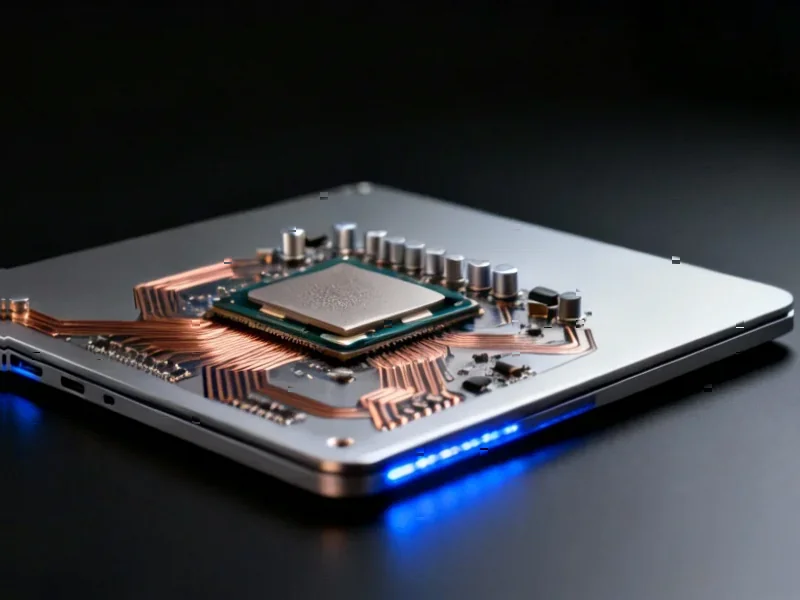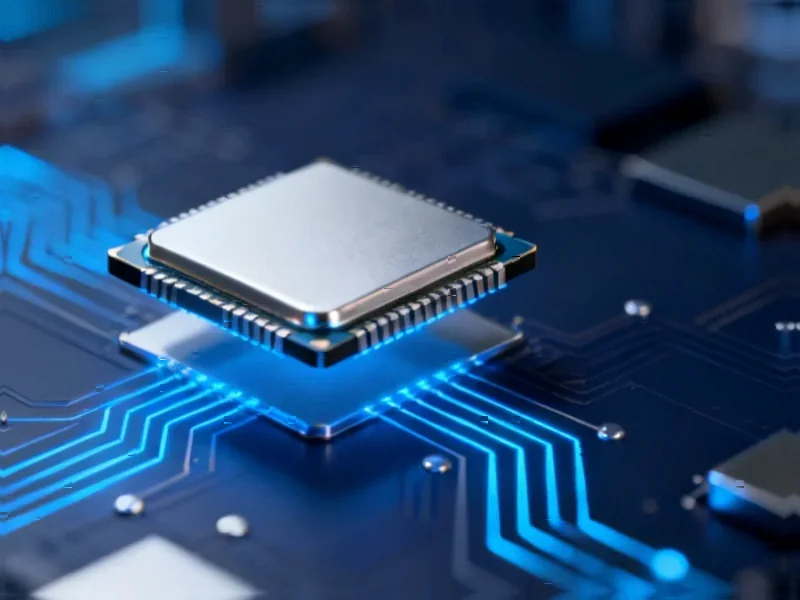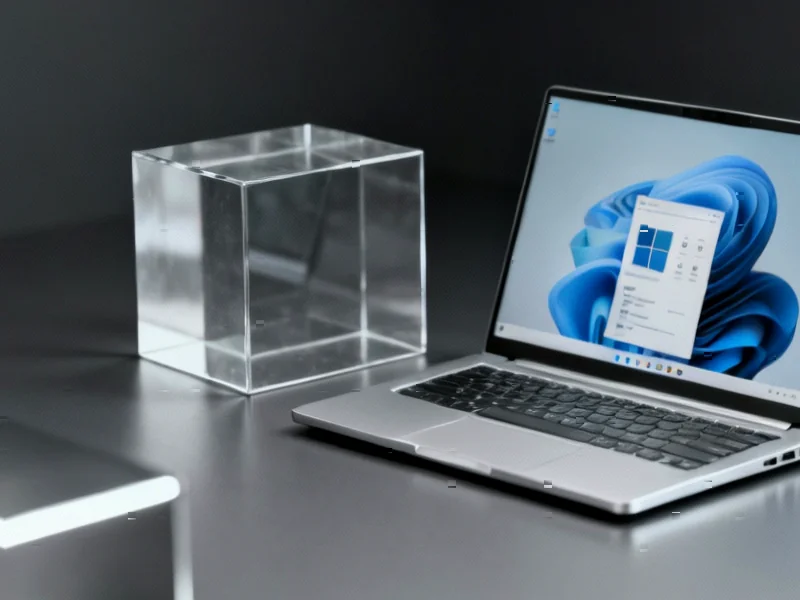Industry sources indicate that three specialized tools are helping developers overcome the steep learning curve of the Linux terminal. The tldr command, cheat.sh service, and apropos utility reportedly provide quick access to command examples and documentation, potentially reducing the time needed to achieve terminal proficiency.
Terminal Learning Tools See Growing Adoption
Developers and system administrators are increasingly turning to specialized tools to overcome what sources describe as one of Linux’s biggest barriers to entry: mastering the terminal environment. According to recent industry analysis, three particular utilities—tldr, cheat.sh, and apropos—are gaining traction for their ability to accelerate command-line proficiency.








